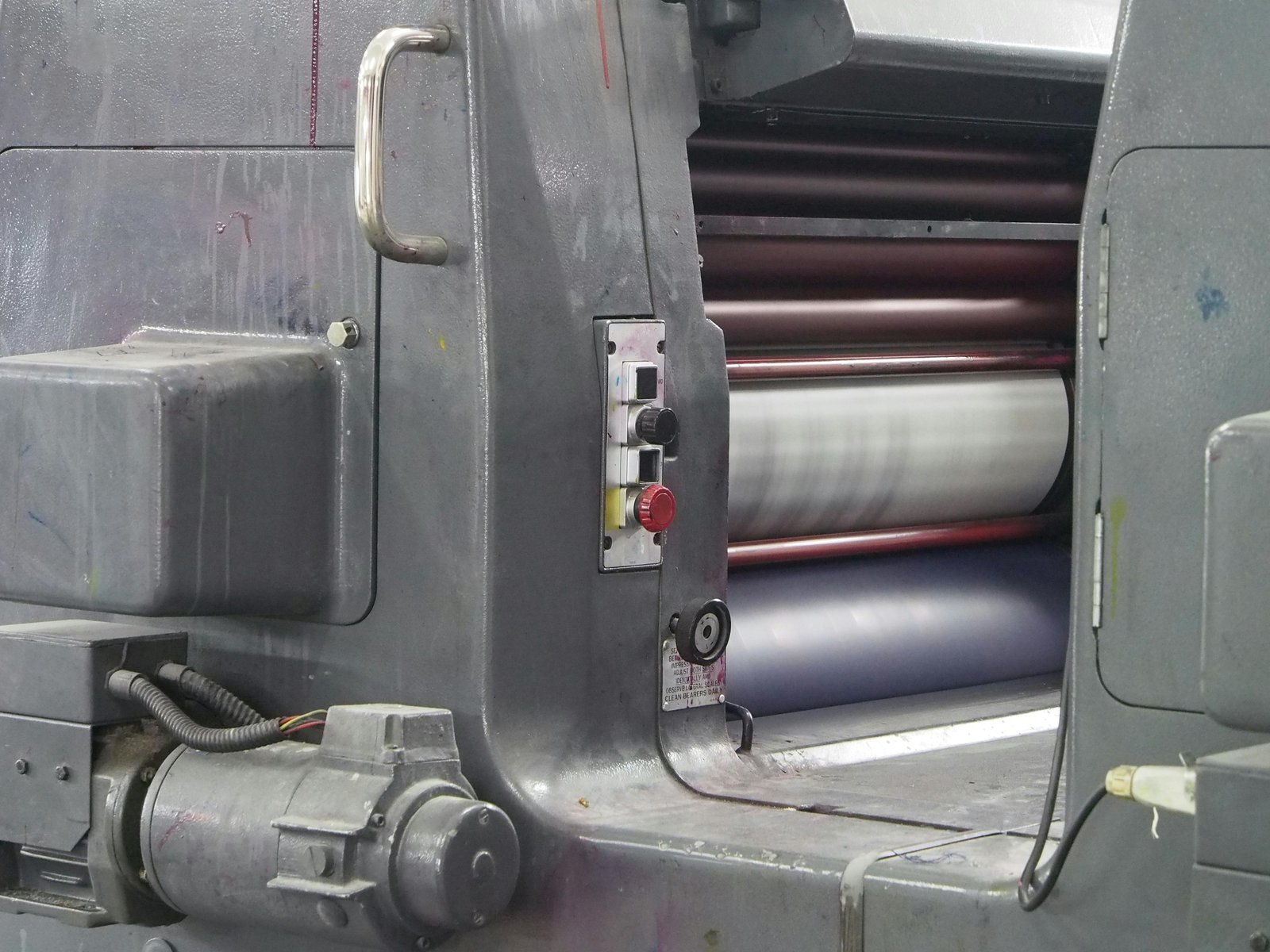What Are the Hidden Costs of Not Implementing ISO 22000?
Many food business owners delay implementing ISO 22000 because they see it as an expense. But in reality, not having a food safety management system (FSMS) in place can lead to higher hidden costs, lost opportunities, and serious business risks.
Let’s uncover what these hidden costs are — and why ISO 22000 certification is an investment, not a liability.
💸 The True Cost of Not Implementing ISO 22000
Skipping ISO 22000 doesn’t just save you money on audits and documentation — it exposes your business to legal, operational, and financial risks that can severely damage your reputation and profitability.

⚠️ Hidden Costs You May Not Be Aware Of
1. Food Safety Incidents & Product Recalls
-
Product contamination can lead to:
-
Emergency recalls
-
Regulatory penalties
-
Legal claims and lawsuits
-
-
Recalls can cost RM10,000–RM200,000 or more depending on scale
-
Long-term impact on brand trust and customer loyalty
2. Regulatory Non-Compliance
-
Failure to comply with local food laws or export requirements
-
Fines, business suspensions, or revoked licenses
-
Delays in market approvals or certifications (e.g., MESTI, HACCP, Halal)
3. Lost Business Opportunities
-
Many clients, especially B2B buyers or export markets, require ISO 22000 or equivalent certifications
-
Lack of ISO 22000 can result in:
-
Disqualification from tenders
-
Lost partnerships or retail contracts
-
Limited access to high-value markets
-
4. Inefficient Internal Processes
-
Without ISO 22000, companies often:
-
Rely on unstructured or undocumented procedures
-
Suffer from inconsistent product quality
-
Waste time managing non-conformities reactively
-
5. Higher Risk of Employee Error
-
No standardized training or responsibilities
-
Higher chance of cross-contamination, mislabeling, or foreign object issues
-
Increased rework and scrap product losses
6. Poor Audit Performance
-
Unprepared for:
-
Customer audits
-
Government inspections
-
Certification body reviews
-
-
Leads to failed audits, shutdowns, and compliance delays
🧾 Other Hidden Costs
-
Damage to brand reputation after food safety scares
-
Higher cost of insurance premiums for uninsured risks
-
Wasted ingredients due to improper storage, FIFO issues, or poor hygiene
-
Time spent on manual recordkeeping instead of automated ISO-compliant systems
✅ What ISO 22000 Helps You Save
-
Reduces waste and rework costs
-
Prevents legal and recall expenses
-
Helps win larger, more stable contracts
-
Increases staff accountability and product consistency
-
Speeds up regulatory approvals and certification processes
-
Protects your company from reputation loss in competitive markets
🧩 Final Thoughts
Choosing not to implement ISO 22000 might save you money upfront — but it often leads to much greater losses over time. From product recalls and compliance fines to lost business and reputation damage, the hidden costs can be massive.
At CAYS Scientific, we help food manufacturers and SMEs in Malaysia:
-
Identify your food safety risks
-
Design your ISO 22000-compliant system
-
Guide you toward successful certification
📞 Contact us today to avoid these hidden costs and secure your place in the global food supply chain.



